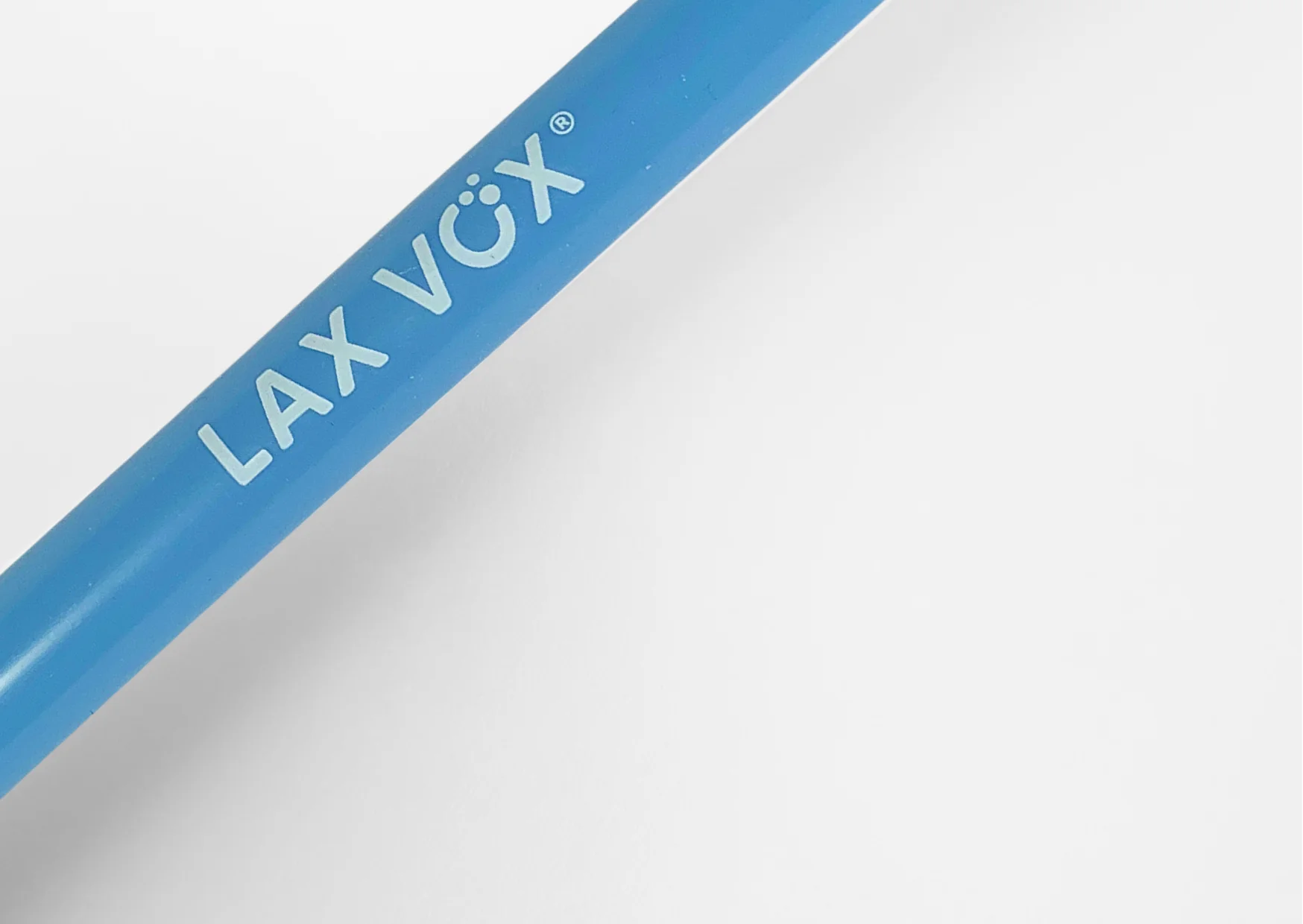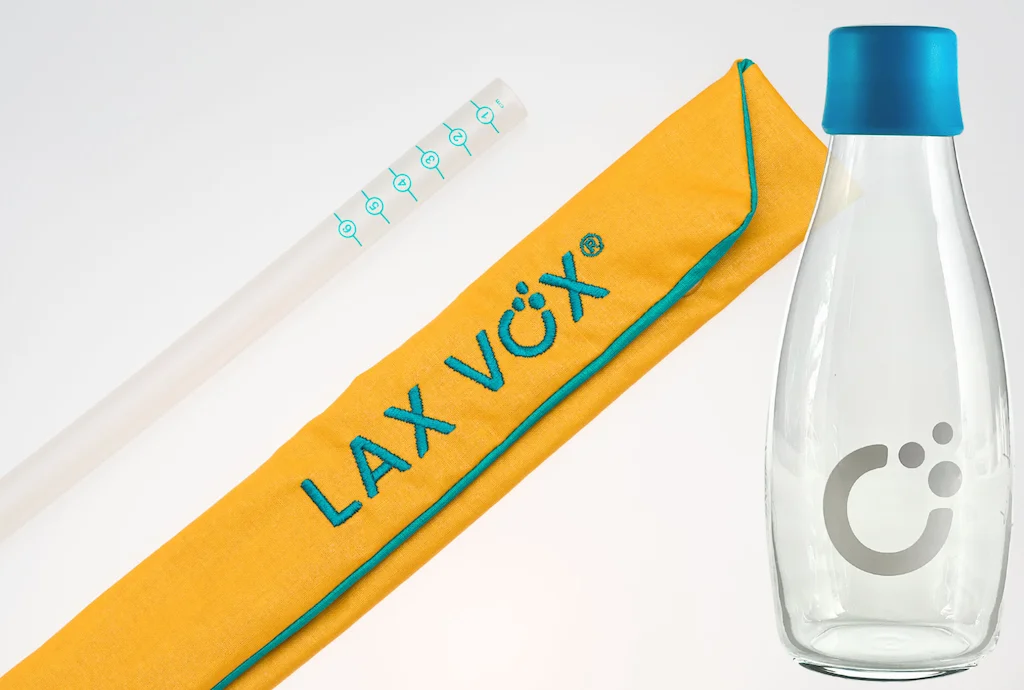Articulation and voice
Orofacial myofunctional therapy is not just about learning the resting position of the tongue, nasal breathing, chewing, swallowing and lip closure. These goals also have an influence on precise articulation and vocal function. To train these areas specifically, you will find special tools in this category.












